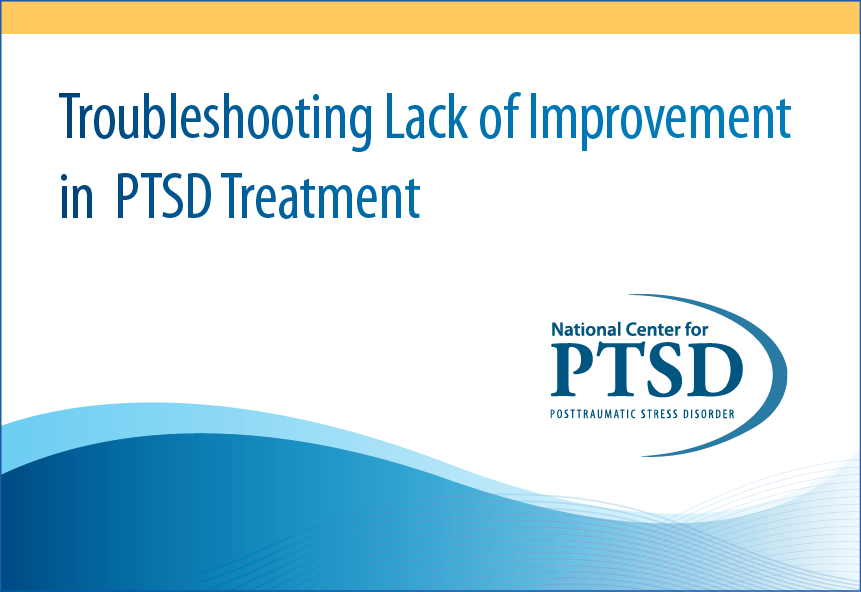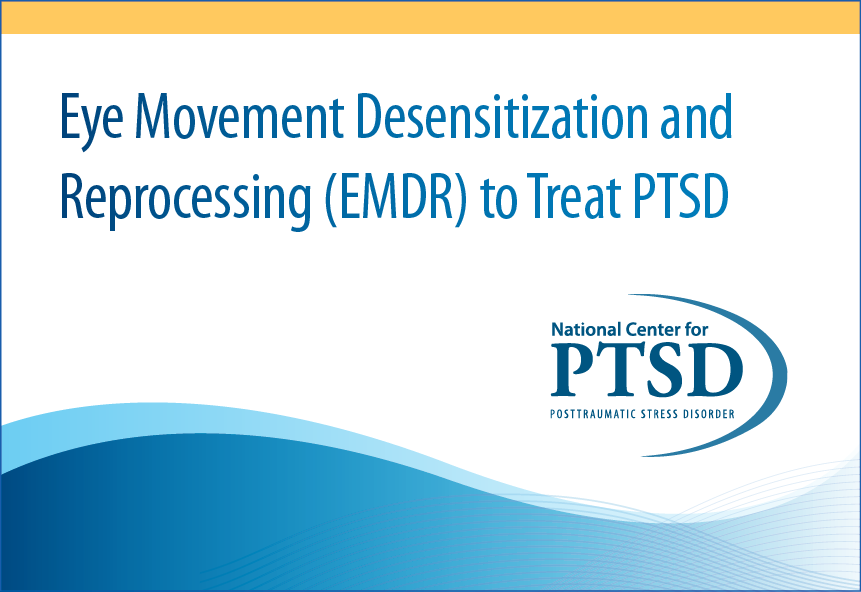Continuing Education
Continuing Education
This section brings together free in-depth Continuing Education resources for the Professional community concerned with trauma.

- Date Created: 11/30/2022
- Time to Complete: 1 hour
- Credits: ANCC, APA, ASWB, ACCME, NBCC, Other Orgs
- Skill Level: Intermediate
- Course Series: PTSD 101, PTSD Consultation Lecture Series
Several states approved the use of medical cannabis for PTSD and some Veterans report using cannabis to relieve PTSD symptoms. However, research to date has produced insufficient evidence to support cannabis as a PTSD treatment, and some studies suggest chronic cannabis use can be harmful to individuals with PTSD.
This course provides information about the prevalence of cannabis use and the types of cannabis products available. The author describes the relationship between PTSD and cannabis use and offers strategies for addressing cannabis use among patients with PTSD in clinical practice.
View Course Details »
- Date Created: 11/30/2022
- Time to Complete: 1 hour
- Credits: ANCC, APA, ASWB, ACCME, NBCC, Other Orgs
- Skill Level: Intermediate
- Course Series: PTSD 101, PTSD Consultation Lecture Series
Trauma-focused psychotherapy is strongly supported for the treatment of PTSD in multiple practice guidelines. Many patients in evidence-based therapy for PTSD see significant improvement in their symptoms, yet some patients do not seem to improve during treatment.
This course provides a framework for examining progress in PTSD treatment, hypothesizing potential indicators for lack of improvement, and troubleshooting such cases. Recommendations for how to proceed are offered. Research and literature associated with PTSD treatment planning and progress are reviewed to help clinicians with decision-making.
View Course Details »
- Date Created: 11/30/2022
- Time to Complete: 1 hour
- Credits: ANCC, APA, ASWB, ACCME, NBCC, Other Orgs
- Skill Level: Intermediate
- Course Series: PTSD 101, PTSD Consultation Lecture Series
Shared decision-making (SDM) is recommended in clinical practice guidelines and allows the patient and provider to choose an evidence-based treatment in a collaborative manner. SDM elicits ethical considerations for clinicians, such as consideration for provider expertise in specific treatments, the availability of treatments, and to what extent the patient and clinician each direct the treatment plan.
This course discusses ethical considerations in SDM, including common pitfalls. Resources to support the implementation of SDM are included.
View Course Details »
- Date Created: 11/30/2022
- Time to Complete: 1 hour
- Credits: ANCC, APA, ASWB, ACCME, NBCC, Other Orgs
- Skill Level: Intermediate
- Course Series: PTSD 101, PTSD Consultation Lecture Series
Eye Movement Desensitization and Reprocessing (EMDR) is a standardized, trauma-focused psychotherapy for PTSD that aims to help patients resolve unprocessed traumatic memories. EMDR focuses directly on the trauma memory with the intention of changing the way the memory is stored in the brain, reducing distress, negative beliefs and physiological arousal.
EMDR is recommended as a first-line treatment for PTSD in numerous clinical practice guidelines. This course provides an overview of the research evidence and reviews the protocol and mechanisms of EMDR. Strategies and resources for including EMDR within shared decision-making are discussed.
View Course Details »
- Date Created: 11/30/2022
- Time to Complete: 1 hour
- Credits: ANCC, APA, ASWB, ACCME, NBCC, Other Orgs
- Skill Level: Intermediate
- Course Series: PTSD 101, PTSD Consultation Lecture Series
Disability is an umbrella term for various experiences of impairment in major life activities. Although disability is commonly used as an outcome measure in PTSD research, it is rarely framed as a diversity variable. The author introduces the concept of disability identity, moving beyond a medical model. As such, the basic tenants of culturally competent care for PTSD with a focus on Veterans with disabilities is discussed. Specific accommodations that can be made to PTSD treatments that tailor to the needs of those with disabilities are included.
View Course Details »























